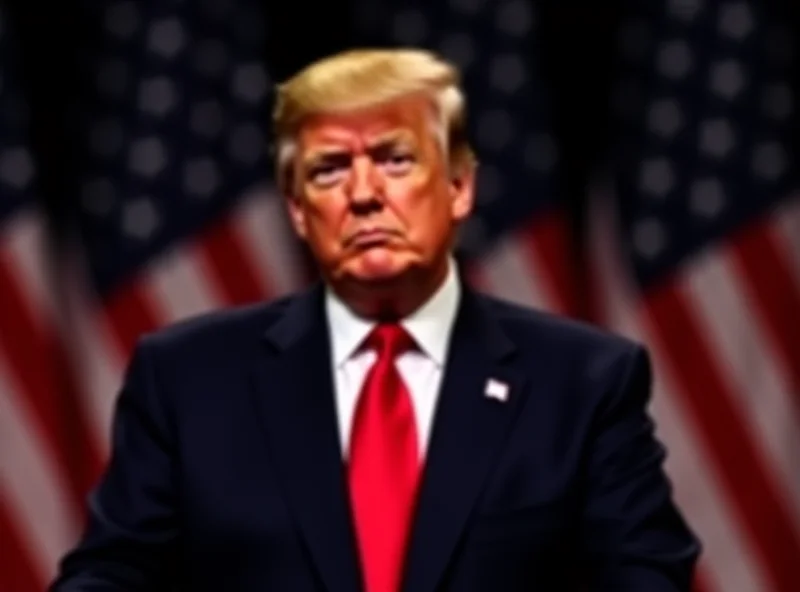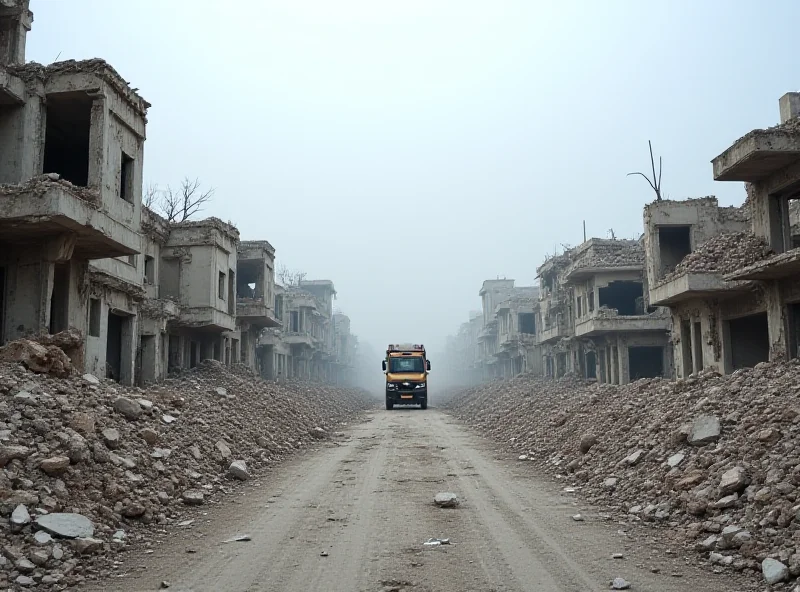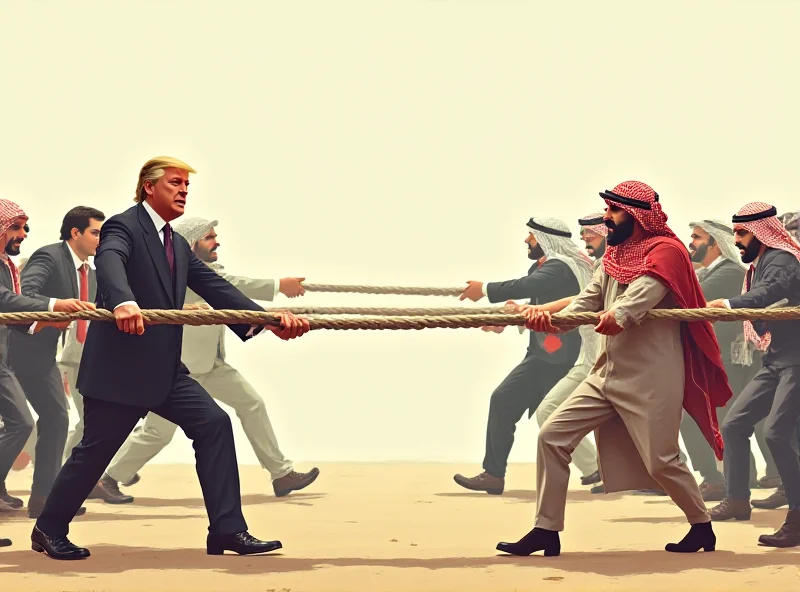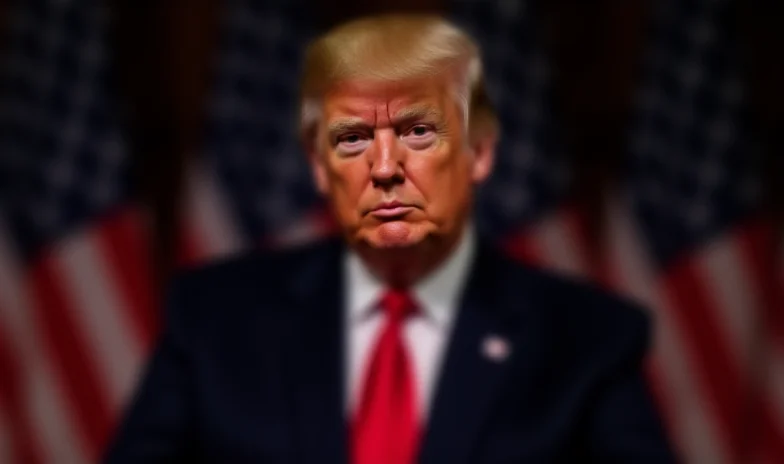Donald Trump's foreign policy continues to be a focal point of debate and criticism, particularly in the Middle East. Recent events highlight the complex reactions to his approach, ranging from accusations of undermining delicate ceasefires to anxieties about the displacement of Palestinians.
Hamas Accuses Trump of Jeopardizing Gaza Ceasefire
Hamas has publicly accused Donald Trump of actively undermining the already fragile ceasefire in Gaza. According to the militant group, Trump's recent ultimatum demanding the immediate release of all hostages is seen as a blatant attempt to support Israeli Prime Minister Benjamin Netanyahu's potential withdrawal from the agreement. This accusation adds another layer of complexity to the already tense situation in the region.

This isn't the only instance where Trump's policies are facing scrutiny. Jordan, for example, is navigating a delicate diplomatic path with the former US President, primarily driven by concerns over the potential mass displacement of Palestinians. Jordan's cautious approach is underscored by its recent welcoming of a convoy of sick and injured children from Gaza, a humanitarian gesture reflecting their commitment to the well-being of Palestinians in the region.
Arab States' Gaza Recovery Plan Rejected
Adding to the tensions, an Arab states' proposal for a comprehensive Gaza recovery plan has reportedly failed to sway Trump. The plan, which outlines a three-phase, five-year process designed to rebuild Gaza without displacing any Palestinians, has been met with resistance from the US, which is pushing forward with its own alternative vision, reportedly dubbed the "Riviera" vision. The details of this "Riviera" vision remain unclear, but its divergence from the Arab states' plan highlights the differing approaches to resolving the ongoing crisis.

Boeing Faces Potential Tariff War Fallout
Beyond the immediate geopolitical concerns, potential economic consequences of Trump's policies are also raising eyebrows. A potential tariff war, a hallmark of Trump's previous administration, could disproportionately harm U.S. plane-maker Boeing compared to its European competitor Airbus. This potential economic fallout further complicates the landscape of international relations under a potential Trump presidency.
The reactions in the Middle East to Donald Trump's policies paint a complex picture, one characterized by a mixture of apprehension, skepticism, and a desire to navigate a challenging geopolitical landscape. As the political climate continues to evolve, the impact of these policies will undoubtedly continue to shape the dynamics of the region.

"Trump's policies continue to be a significant point of contention in the Middle East, impacting everything from ceasefire agreements to economic stability."
